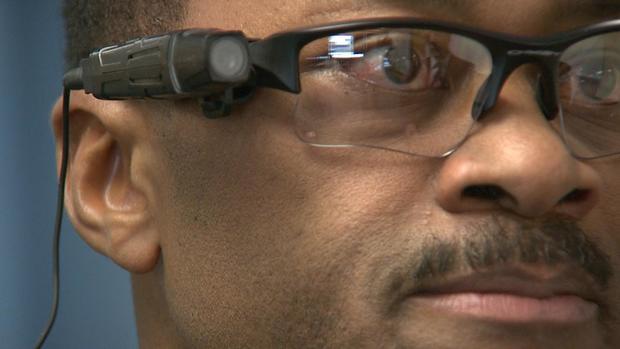Body Camera Bill Killed, Then Reconsidered In State Senate
DENVER (CBS4)- Lawmakers pulled a confusing move over body cameras on Friday. A state Senate committee killed a bill that could provide more cameras but then immediately had a change of heart.
The bill was designed to get more local law enforcement agencies in Colorado to use body cameras.
Body cameras have been at the center of discussions on how to ease tensions between the community and law enforcement. The idea is that more officers wearing body cameras that record every detail means more accountability.
"This is not the be-all to the answer in policing but I think it's a very important tool," said Denver Police Chief Robert White in an interview from December 2014.
Because the cameras are high-tech that constantly is being upgraded, purchasing and maintaining the cameras comes with a price. Sen. John Cooke, a Republican representing Weld County and a former sheriff, introduced a bill to help offset that cost.
"The state would set up the grant program and get federal monies to help buy body cameras for agencies that can't afford them," said Cooke.
Despite having support from both sides of the aisle and backing from law enforcement, the bill failed to pass a Senate panel on Friday morning.
Those against the idea questioned the need for a grant program.
Cooke said he was stunned and almost immediately went back to the committee asking to get the bill back on the table before the session ends.
"I think they are going to reconsider, I know they are going to reconsider the bill and hopefully I think, it will pass," said Cooke.
The expense of body cameras isn't the only issue being considered. Privacy and public access to the video that is captured by police officers are also concerns for lawmakers.
The bill could be revived on Monday.




